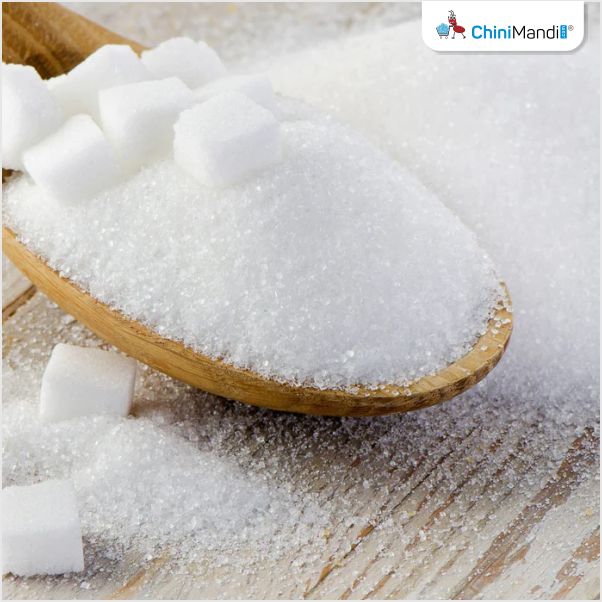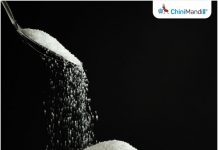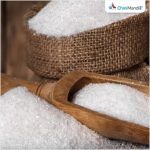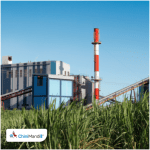PepsiCo and Coke bottlers in the West Bank are experiencing shortages of cans and sugar due to the extended closure of a Jordanian border crossing, managers of two soda-bottling plants in the occupied Palestinian territory said, reported Reuters.
Since early September, the Allenby Bridge, a key trade route, has been largely shut to commercial traffic following a shooting incident involving a Jordanian gunman that resulted in the deaths of three Israeli civilians.
According to Hatim Omari, manager of a facility that bottles Pepsi, 7UP, and Mirinda for the Palestinian territories and neighboring areas, sugar and cans were previously shipped from Jordan via this crossing. The Pepsi bottling plant in Jericho ran out of materials for canned drinks about two weeks ago and has been unable to receive new shipments for over a month; the sugar typically comes from Saudi Arabia.
Imad Hindi, general manager of the National Beverage Company in Ramallah, indicated that their Coca-Cola bottling operation is facing shortages of certain flavors and lacks its usual supplies of sugar and cans. He warned that if the situation persists, many private sector companies, including his, will face significant challenges.
These bottlers are among the latest businesses affected by ongoing supply chain disruptions linked to the regional conflict. Additionally, Houthi attacks on cargo ships in the Red Sea have caused some global companies to change their shipping routes from Asia to avoid disruptions.
Paul Musgrave, an associate professor at Georgetown University in Qatar, noted the difficulties of conducting normal business across the region, emphasizing the essential need for sugar, cans, labor, and electricity—all of which are currently disrupted. Hindi mentioned that the cost of doing business in the Palestinian territories is about five times higher than in neighboring countries.
Omari reported that the Pepsi franchise, which used to produce 60 million liters of beverages annually, has seen production drop by around 35%. While they continue to use plastic bottles, he highlighted that profit margins for these products are lower. High unemployment in the densely populated West Bank, where Pepsi is a leading brand, further limits local families’ ability to purchase their drinks.
“Our supply is weak now, and our sales are weaker,” Omari stated, adding that the plant has reduced operations to one shift a day for its 200 employees, down from three.
Continue reading Chinimandi.com for more news about the Sugar and Allied Sectors
















